|
The few crooked blocks from my hotel to the Golden Temple are lined with shops and bike taxis. Every step is met with: "Madam, rickshaw?" "Shoes! Good price!" "Come in! Just looking!" "Border tour?" The temperature on its own is stuffy, and the mess of words and traffic and people moving in every direction adds to the heat. I arrived on a bus from McLeod Ganj. When it departed at 5am I was wearing a sweatshirt and two jackets and could see my breath in the dark, biting air. Six hours and another climate away I now walk the streets of Amritsar and mentally curse the long pants, t-shirt, and scarf that I have to wear to be modest. The gateway to the temple's street is uninspiring. Some scattered metal barricades and a large stone arch look official, but there is no real entrance; just masses of people moving in and out through any available space. On this short stretch of less commercial road I loosen the scarf from my shoulders enough to drape it over my head. Men and women must cover their heads in sight of the actual temple. Orange bandanas dot the crowd of visitors, like Mickey ears at Disney World. Merchants hawk the souvenir head covers on the local streets and quickly pull out postcards whenever I walk by. A more organized row of counters separates the street from the temple complex. It's like approaching the ticket windows of a tourist attraction, but no money is exchanged. Instead visitors must deposit their shoes to one of the attendants. I trade my shoes for a metal chip engraved with letters unfamiliar to me and follow the other newly barefoot guests onto the alarmingly sterile white marble ground. Still in sight on the street, but already a world away, the path briefly dips down to hold a small pool of water. As we walk through, a man crosses the water with a long grass broom, moving the dirt from one end of the small pool to the other. Tan straw carpets make a trail from this water to pillars that obscure the view. A security guard stops me and points at my feet, eyeing my bag. He wears a vibrantly saturated orange robe, and a black strap draped over shoulder holds a sword next to his hip. "Shoes?" he asks. I pull the metal chip out of my pocket, and he nods. At a temple far less organized than this one I had once asked if I could simply hold my shoes with me, but even carrying the dirt on the soles into the space is considered unholy. And there's something oddly humbling about being in such revered places barefoot. It's an equalizer. The Golden Temple is no different. Despite the fact that everyone is barefoot, there is nothing casual about this place. Even the plastic mats alongside the straw ones seem sacred. In the center of a noisy, pushy city, the atmosphere in these walls is both peaceful and electrifying. It's not until very near to the pillars that the temple itself is visible, and not just visible, but impossible not to see. In the center of a clear blue pool, the gold facade glows. Some people drop to their knees and their hands follow, foreheads meeting the ground in worship. The feeling of how important this place is to them is palpable and makes even an outsider pause to show respect. The pillars support a rooftop that offers shade around the perimeter of the walkway around the water. Women sit with their backs against walls while their children sleep or play at their feet. Men also take rest, and tourists with large cameras plant themselves to capture the scene. I walk straight toward the water. It's magnetic. I momentarily look left and right, looking for other tourists to see if it's ok to get closer. I've read that only Sikhs can enter the water, but anyone can sit at the edge. Signs illustrate that it's only appropriate to sit cross-legged, and feet must not dangle into the water. I sit and quickly start taking photos, as though the temple may disappear at any moment. A man and his family set their bags down nearby. Like other men around the water, he begins to undress until he is only wearing a piece of cloth fashioned like swimming trunks. He makes his way into the water, and his son follows suit. The women step in just to their ankles and reach their hands down to splash water on their arms. One of my students in LA told me about this place. "You have to go to the Golden Temple!" he'd said. He went on and on about how spectacular it was, and his wife added, "When I picked him up from the airport in LA he was wearing a turban." I wrote "Golden Temple" on a post-it note and added it to the collection in my car. There were dozens stuck next to the climate control buttons. Some were written by me, and some were written by my students. They were covered with the names of books and cities and even roughly scribbled maps and email addresses. Beyond this valuable information they were also a lovely reminder to make the words a reality. Ralph Waldo Emerson said, "Once you make a decision, the universe conspires to make it happen." I've never been surer of this than when I was receiving these notes and five-page emails and setting up lunch dates all with small and big pieces of advice and help. And this is all I can think about sitting on the cool marble watching heads bob in and out of the water and coy fish swim toward the shallow steps. Months ago this was just a post-it note in my car, and here I am. On my last day in Amritsar I returned to the temple. This time I sit with the women at the edges and just watch. From this shaded spot the water and gleaming gold structure are framed by the pillars. Every second another scene plays out as a family or a child or a couple moves along the walkway. The thrill and joy of the visitors, whether they're here to worship or just see, is never ending. Tens of thousands of people visit this temple every day. There are no tickets, no money is exchanged, and yet there is no disorder. Everyone belongs. I didn't see the dining hall the first time I visited, and I didn't seek it out. I had wrongly assumed that it was like soup kitchens in the U.S., only providing food to those in need. But the Sikhs built this complex at the height of the caste system, and one of their core beliefs is that everyone is equal. At a time when it was unimaginable that people of different socioeconomic statuses would associate with one another, they invited everyone to enjoy their opulent temple and also share a meal next to one another on the same floor. Every day the dining hall here feeds around 100,000 people and closer to 150,000 on holidays. It's tucked away behind more pillars on the side opposite where I entered. Behind the gleaming white walls of the main square, its brick facade is unassuming. But just behind the pillars the noise grows. Metal clanks against metal. It was much calmer sitting with the women near the temple. There are no signs here, and the pushy mass of people near the entrance makes me consider turning back. India has offered me many moments like this. Opportunities to get a little (or a lot) uncomfortable. Where the good stuff is not just figuratively outside your comfort zone; it's literally outside your comfort zone of personal space and elbows and yelling in Hindi and Tamil and Kannada. I suck it up and join the crowd. We shuffle along as one, and I lift my gaze to see a staircase ahead where the hungry visitors already have plates and bowls and spoons. I grow nervous, and my eyes search for what direction I'll need to move to obtain these items. With no time to wonder and without any effort on my part, a plate is in front of my face. As I grab it another volunteer places a spoon on top, and it isn't long before I have no choice but to also receive a bowl. Like the rest of this place, what could be chaos is instead a seamless operation. I, too, make my way up the staircase, and another volunteer diverts me away from the open doors and points toward the left. His dining room has just filled up. I let others pass me, so I have someone to follow. On the second floor we make a single file line and enter another dining room. The room is nearly full, and people are seated in neat, symmetrical rows separated by aisles wide enough for servers to walk through. The large room is filled with light. A wall of windows make the full space feel open. Here, too, I marvel at how peaceful it is. Some people talk and others eat silently. I want to take photos, but my hands are full of dishes. I'm so preoccupied by people watching that I nearly walk into the person in front of me as he sits down. Like dominos we follow, taking a seat with no gaps between one another. I place my plate on the ground in front me and smile uncontrollably at the people across the aisle that are already eating. After a few months in India, many things that used to take me by surprise have become normal, and I keep my cool in situations that were once foreign. But this is not one of those moments. I can't hide my excitement, and I don't care if I look like a fool. The servers carry large buckets by metal handles. The first one to our row is filled with chapatis, a tortilla-like wheat bread. My neighbor puts his hands out like he's making a bowl, and I do the same. The server quickly drops two pieces in my hands, and another server behind him scoops a large ladle full of chickpeas onto my plate. Soon after someone else offers a large serving of lentils. I look up to each server and say, "thank you," but they're always gone by the time I get the words out of my mouth. The food is bursting with the kind of flavor that only comes from slow cooking and great care. I don't hesitate to accept seconds when the servers scurry back down our row. I have to draw the line at thirds only because I'm full, and most of my neighbors have already finished their meals and left. It's hard to say whether it's the food itself or the atmosphere or the sentiment, but it's easily the best meal I've had in India. As I stand up one of the servers asks me if I enjoyed the food, and I struggle to explain how delicious it was and how grateful I am. "This place is holy. There is so much love, and it's in the food," he says. There are places in the world that are holy based on their exclusivity or requisite belief system, but this is not one of them. The lack of giving people labels or definitions is exactly what makes it so sacred. I exit the dining hall in the same kind of mass in which I entered. I worry about where I'll leave my dishes, but again you can't move down the final staircase without more volunteers swiping each dish and utensil out of your hands. I continue to shuffle along, trying to take photos of the dishwashers throwing plates from one station to another, the sound of metal once again meeting metal. Across from them more volunteers peel garlic and onions that are stacked in piles so large that you'd think they were growing from the concrete underneath. It's considered such an honor to volunteer here that the waitlist is months long. There's little time to take it all in because the crowd keeps moving forward, and soon we're back out in the sunlight, in the space between the brick and the gold. Like clockwork, the people moving in the other direction are receiving clean dishes. This dining hall operates twenty-four hours a day and seven days a week. Doors open and bellies filled. I don't know that there's anywhere else I'd count myself so lucky to eat on the floor with bare feet and bus my own dishes. Its contrast to the luxurious temple seems purposeful. Decidedly simple and unexpectedly moving.
2 Comments
Heather
5/1/2016 11:25:45 am
Amanda, It's Heather O'Connell from CP... I just finally got your blog name from Molly and have been wanting to read it for months now. I sat down for breakfast (at 6am on my birthday morning) as I usually do, while my home is still calm and quiet and my family is still asleep, and instead of taking that time as I usually do - with my guilty silly pleasure of playing Candy Crush (while no one is asking me for things or to do things for them), I suddenly remembered that I now had your blog name and that I wanted to use my quiet time to myself, to finally hear about your amazing journey - that I've been thinking so much about, since the last class of yours that I took before you left!!!
Reply
amanda
5/4/2016 12:08:23 pm
Heather!! It's so good to hear from you. Thank you so much for these beautiful words. I was so touched by what you wrote. Hope you are well, and I can't wait to see you when I get back!!
Reply
Leave a Reply. |
amanda
|
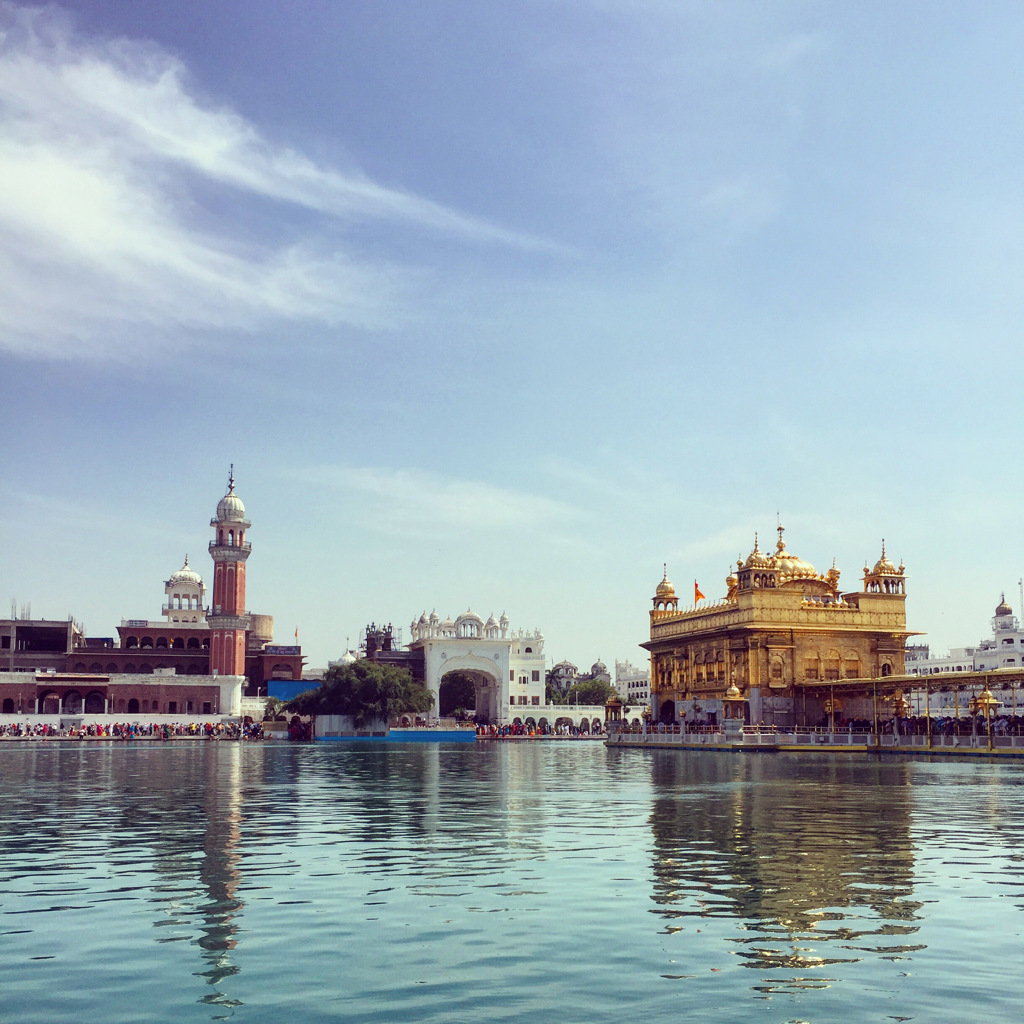
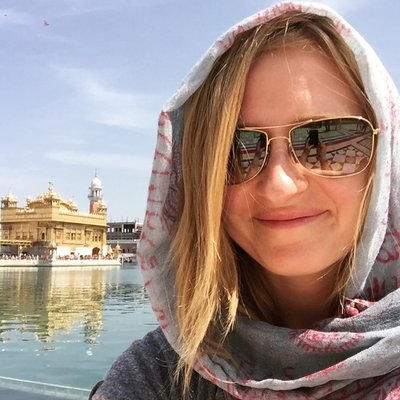
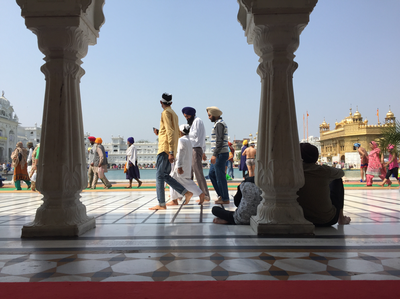
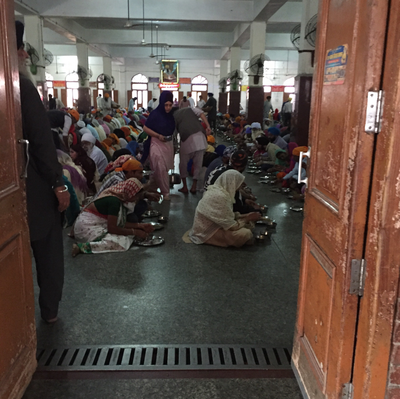
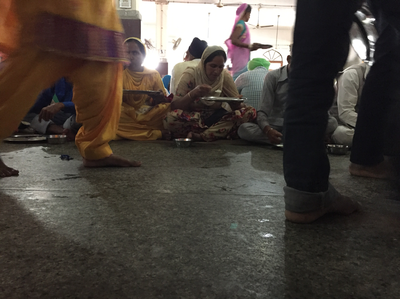
 RSS Feed
RSS Feed
